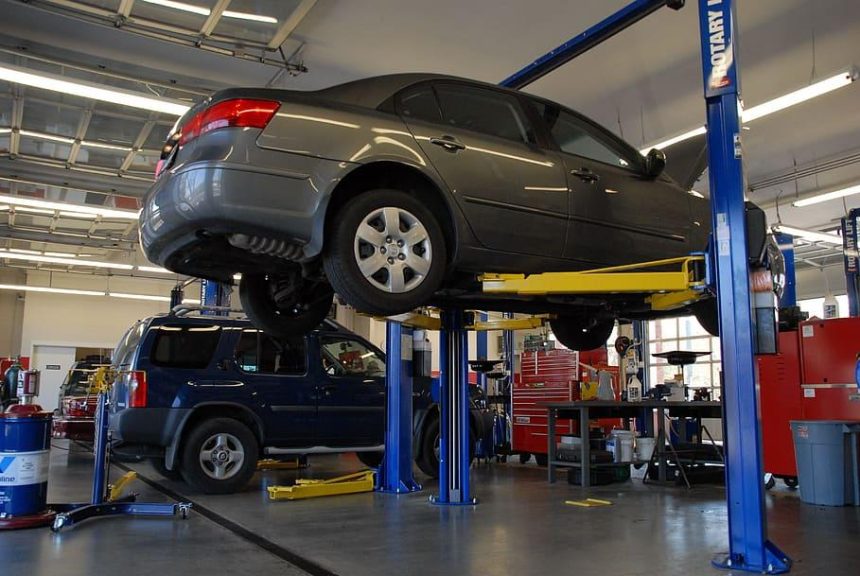If you have a vehicle under warranty and experiencing repeated problems, you may have a right to file a Lemon Law claim. In California, specific steps must be followed to file a claim.
What is California Lemon Law
The lemon law in California is a consumer protection law that applies to new and leased vehicles. The law requires manufacturers to either repair a defective vehicle or replace it with a new one. In addition, the lemon law covers vehicles that are still under warranty. If a car manufacturer is unable to repair a vehicle, the consumer is entitled to a refund or a lease termination. The lemon law also provides protections for consumers who purchase extended warranties. If a covered defect arises after the warranty expires, the consumer may be entitled to a prorated purchase price refund. The lemon law is an important consumer protection measure that helps ensure that consumers are not stuck with faulty vehicles.
Before filing a claim, you should attempt to resolve the issue with the manufacturer
If you suspect your car is a lemon, the first step is to notify the manufacturer of the problem with your vehicle. This can be done in writing or by calling the customer service department. Be sure to include your contact information, the vehicle Identification number, a description of the problem, and dates when the problem occurred. The manufacturer will then have an opportunity to repair the vehicle. If the issue is not resolved after a reasonable number of attempts, you may be eligible to file a claim under the lemon law.
How do you file a lemon law claim in California?
If, after several attempts, the car manufacturer is unable or unwilling to provide a reasonable solution for your vehicle, you can file a lemon law claim. To do so, it’s important you gather as much information as possible, including but not limited to the following:
- Repair orders
- Purchase agreement
- warranty information
- your vehicle’s title & registration
In addition, you should also be collecting the following items:
- Records of communication with the car manufacturer, such as emails, transcripts, and anything else you can get your hands on.
- photos of your vehicle
- Receipts for rental cars and anything else that can help support your case.
When filing any legal claim, the more evidence you have to support your cause, the stronger your case will be. Once you’ve gathered all the necessary information, you can handle your case independently or hire an attorney.
What are the chances of winning a lemon law claim in California?
If you have a lemon law claim in California, your chances of winning are pretty good. In fact, California is among one the top states in the U.S. with strong lemon law protections. This means that if you have a valid claim, there’s an excellent chance that you’ll be able to get a refund or replacement vehicle. Of course, success rates can vary depending on the specific facts of your case, so it’s always best to consult with an experienced lemon law attorney before taking any legal action. With the right help, you can maximize your chances of winning your claim and getting the compensation you deserve.
How much money can you expect from a successful lemon law claim in California?
The compensation you can receive depends on several factors, including the severity of the defect and how long it took the manufacturer to fix it. In some cases, you may also be entitled to compensation for repairs, rental cars, and other expenses related to the lemon.
Can I keep my lemon?
The whole point of the lemon law is to protect consumers from being stuck with defective cars. You will be entitled to a refund or replacement vehicle if you have a valid claim; however, in some instances, a car owner may wish to keep their lemon vehicle for various reasons. If so, a consumer and vehicle manufacturer might come to an agreement whereby the consumer is compensated and can retain possession of the vehicle. It’s always best to seek legal guidance regarding this type of agreement.
Can you file a lemon law claim if your car is registered out of state?
The answer depends on the state in which your vehicle is registered. Some states have agreements with other states, which means that if your car is registered in one of those states, you can still file a claim under the lemon law of the state where the vehicle was purchased. However, other states do not have such agreements, so if your car is registered out of state, you may not be able to file a claim. If you’re unsure whether your state has a reciprocal agreement with another state, you should contact an attorney specializing in lemon law claims. They can advise you on whether or not you can file a claim.















